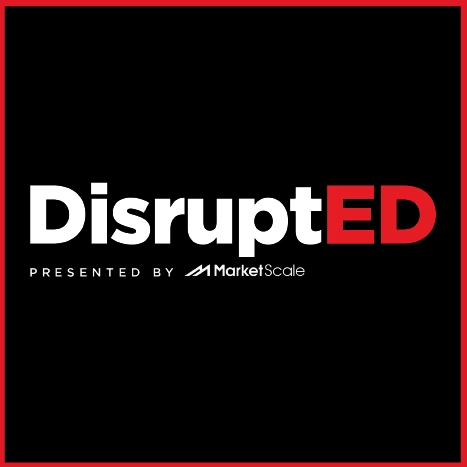DistruptED Educational Opportunities for Indigenous People Through the Special Olympics
Many know the great work and achievements of the Special Olympics. They may not be aware of the Special Olympics’ vital role in providing educational opportunities for Indigenous Peoples.
In the wake of the global pandemic, the world’s reevaluated many aspects of society, including education. One area that has come under scrutiny is the educational opportunities available to Indigenous people, particularly in the context of the Special Olympics. It’s crucial to ensure that these communities are not left behind. According to the National American Indian and Alaska Native Head Start Collaboration Office, Native populations are about 50% more likely to have a disability than the national average, highlighting the need for targeted educational initiatives.
So, how can the U.S. ensure that Indigenous communities have access to the educational opportunities they need and deserve? One recent positive news comes from Special Olympics Washington, where they were awarded $3.6 million in grant funding from the Dan Thompson Memorial Development Disabilities Community Services Account. These grants can go a long way toward establishing programs benefiting underserved communities.
In this episode of DisruptED: Education and Upskilling Edition, hosted by Ron J Stefanski and Dr. Cesar, they sat down with Rebecca Ralston, Senior Director of Early Education and Initiatives in Health, with the Special Olympics International. Their enlightening conversation highlights the role of the Special Olympics in providing educational opportunities for Indigenous people, the importance of respecting and incorporating Indigenous cultures into these initiatives, and the impact of these programs on the communities they serve.
Their conversation includes the following:
- The importance of gross motor skills development in early education and how the Special Olympics is helping children with intellectual disabilities develop these skills
- The role of local games, stories, and languages in creating a comprehensive program that respects and incorporates Indigenous cultures
- The challenges and opportunities of working in tribal communities and the importance of building programs in collaboration with these communities
Rebecca Ralston is a seasoned professional in early education and health initiatives. She has dedicated her career to Special Olympics International, where she works to create inclusive and supportive environments for children with intellectual disabilities. Her work with Indigenous communities has been instrumental in bringing about positive change and providing much-needed educational opportunities.




